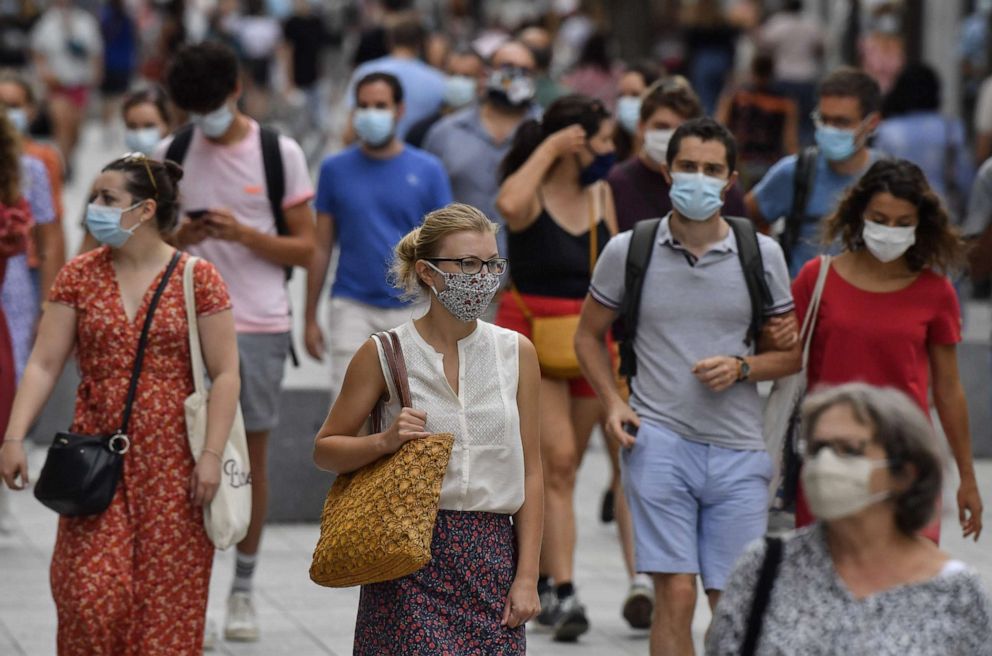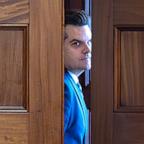University of Hong Kong reports 1st case of human reinfection
The University of Hong Kong claims it has documented the world's first case of COVID-19 reinfection.
The university made the announcement in a press release Monday, revealing findings from its study of an "apparently young and healthy patient" who had a second episode of COVID-19 infection which was diagnosed more than four months after the first episode. A team of researchers showed that the genome sequence of the virus strain in the first episode of COVID-19 infection is "clearly different" from that of the virus strain found during the second episode of infection, according to the press release.

Last week, the World Health Organization said there were over 75,000 COVID-19 sequences identified and that they would need to see evidence of individuals who were infected by two different sequences in order to prove reinfection.
There are dozens of studies on COVID-19 immunity being conducted around the world. So far, WHO officials say they have learned that people do develop an immune response to the virus, but it's not completely clear yet how strong that response is and for how long it lasts.
"What we understand from the press release is that this 'may' be an example of reinfection," Dr. Maria van Kerkhove, WHO's COVID-19 technical lead and an infectious disease epidemiologist, said at Monday's news briefing in Geneva.
"It's very important we document this and in countries where sequencing can be done that would be very, very helpful," she added. "But we need to not jump to any conclusions, even if this is the first documented case of reinfection."
ABC News' Christine Theodorou and Karson Yiu contributed to this report.






